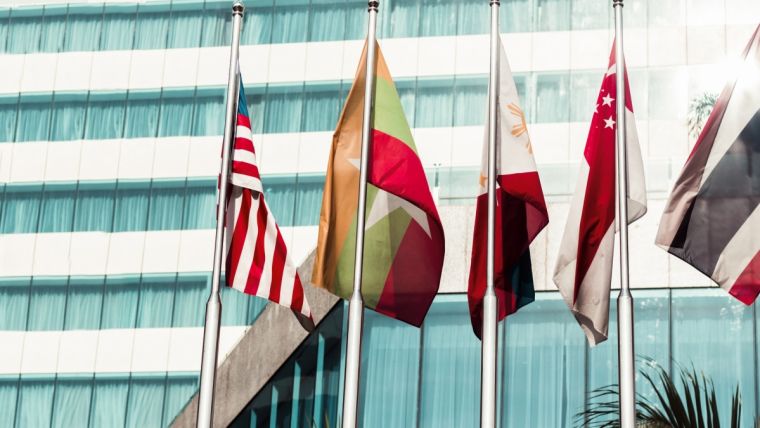Are there lessons for us here in the present Myanmar crisis?

Police beating ambulance staff, as has just happened in Myanmar during the crackdown after last month's military coup, could never happen here, could it?
After all, health workers are revered in Britain. Nigel Lawson, Chancellor of the Exchequer in the 1980s, once observed that if the British people had a religion, it was the NHS. If he was right, then NHS staff would have the status of a priestly caste.
But, ironically, the question arises: does idolising healthcare make this country vulnerable in the long term to the sort of brutality Myanmar is experiencing? Under the lockdown, which has had the consent of the overwhelming majority of British people, it would seem that the electorate has been willing to sacrifice freedom for safety. In making that choice, might they not find that they lose both?
We may be a long way from that now, but this is a long-term question about the fragility of our democracy as it moves away from its firm Christian foundation.
The NHS, and the many outstanding healthcare professionals that work within it, are the fruit of Christian Britain. It was a society saturated with Christian values that gave birth to a national health service - not system - after World War II, the ground having been prepared by 19th Century Christian believers such as Florence Nightingale (1820-1910) and the cabinet minister Sidney Herbert (1810-1861).
Through Florence Nightingale's work in training and deploying nurses, the healthcare improvements they pioneered for the military during the Crimean War (1853-1856) spread to the civilian population with the government supportive but not dominant.
Such Victorian Christians could not have predicted that healthcare would eventually become an idol in the Christian democracy they helped to create. But it is inconceivable that widespread healthcare provision would have emerged without the 18th Century evangelical Christian revival, which inspired so many of the humane initiatives that took place in the 19th Century.
What is the future for a country that has made an idol out of health and safety? Surely such a nation puts itself under the power of the State, which gatekeeps the shrine at which the people willingly worship? Is it not the case that countries with weak institutions independent of their governments tend to find that the security forces supporting their rulers also have too much power? Is that not why civilian politicians in such countries are so prone to military take-overs?
It is significant that Christian churches have been at the forefront of the protests against the military regime in Myanmar. A friend of mine from theological college, who has many contacts in Myanmar through the biblical teaching and training courses he has provided for church pastors, reports that police and military broke into Lashio Kachin Baptist Church in the north-west of the country. They arrested 14 staff and 14 youth members who had been part of a protest.
Baptist Christians have a track record of suffering for their faith under brutal regimes. It was a Baptist who taught the late Alexander Solzhenitsyn (1918-2008) to pray to the God and Father of Jesus Christ in the Gulag in which Stalin had incarcerated them both.
Unless we in this country start calling upon the true God, how in a fallen world can we avoid the prospect of governors, to whom we have given too much power in return for health and safety, eventually turning nasty on us Myanmar-style? History tells us we shouldn't be so naive as to think this could never happen here.
Julian Mann is an evangelical journalist based in the UK and author of Christians in the Community of the Dome.











